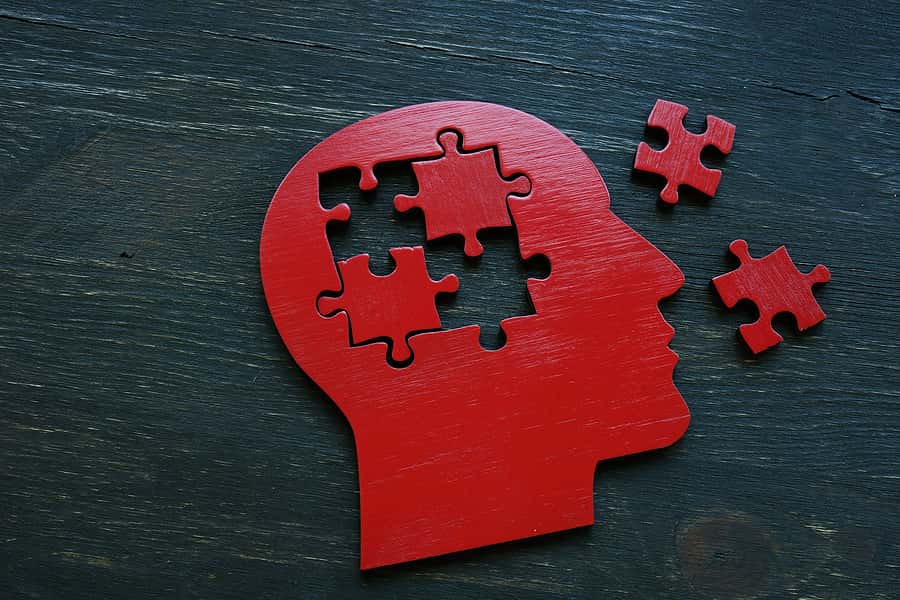
Most of the medications currently used to treat Alzheimer disease work by increasing acetylcholine levels in the brain. This neurotransmitter is important, but it certainly is not the only chemical brain cells use to communicate.A new study suggests that drugs working through noradrenaline might be helpful (Journal of Neurology, Neurosurgery and Psychiatry, July 5, 2022). The scientists analyzed 19 randomized control trials comparing noradrenergic drugs used to treat attention deficit-hyperactivity disorder (ADHD) to placebo. ADHD drugs are not approved for treating Alzheimer disease.
ADHD Drugs and People with Dementia:
More than 1800 people participated in the clinical trials the scientists reviewed. They took medications such as guanfacine (Intuniv), methylphenidate (Ritalin) or atomoxetine (Strattera). In addition, they completed assessments of overall cognitive capability, specific cognitive skills, attention and apathy. People with Alzheimer disease often experience apathy starting fairly early in the development of the condition.
ADHD and Alzheimer disease do not seem to have very much in common. However, the researchers found that the noradrenergic drugs in the trials improved overall cognition. The change was modest but statistically significant. Even more striking, volunteers taking the medications had significantly less apathy, even though they were no better able to pay attention.
ADHD Drugs Are Not Approved for People with Alzheimer Disease:
Sadly, current medications for Alzheimer disease are not very effective. We don’t expect that simply repurposing ADHD drugs for this condition would lead to dramatically better results. However, the researchers argue that these medicines, which are already in use although for a different condition, deserve closer scrutiny.
They conclude:
“There is a strong rationale for further, targeted clinical trials of noradrenergic treatments in Alzheimer’s disease.”
They point out that more research will be necessary to determine who may will benefit the most from these drugs. In addition, the investigators want to figure out how to minimize the risks and maximize the usefuiness. That might mean developing new forms of drugs that target noradrenaline.
Learn More:
To find out more about Alzheimer disease and some promising but unconventional treatments, you may wish to listen to our interviews with Dr. Dale Bredesen. They are Show 1214: How to Defend Your Brain During the Pandemic and Beyond; Show 1092: How Can You Overcome Alzheimer Disease? and Show 1132: Are Infections to Blame for Alzheimer Disease?
Citations
- David MCB et al, "Cognitive and neuropsychiatric effects of noradrenergic treatment in Alzheimer’s disease: systematic review and meta-analysis." Journal of Neurology, Neurosurgery and Psychiatry, July 5, 2022. DOI: 10.1136/jnnp-2022-329136

